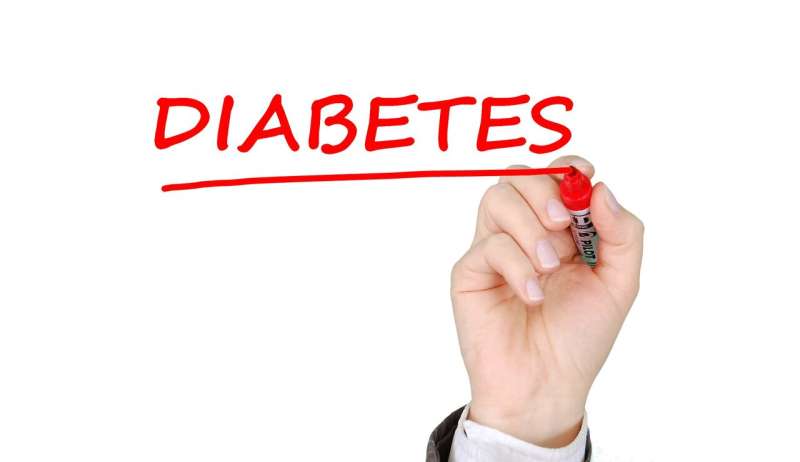Many People Are Unaware They Have Diabetes, Highlighting the Need for Better Screening

A new global study reveals nearly half of the people with diabetes are unaware of their condition, highlighting critical gaps in diagnosis and management that pose a significant health risk worldwide.
A significant portion of the global population living with diabetes remains undiagnosed or does not receive adequate management for their condition, according to a recent study published in The Lancet Diabetes & Endocrinology. Researchers from the Institute for Health Metrics and Evaluation (IHME) at the University of Washington and a worldwide network of collaborators analyzed the diabetes care pathway across different regions from 2000 to 2023, encompassing all ages and genders in 204 countries and territories.
The findings reveal that in 2023, approximately 44% of individuals aged 15 and older with diabetes are unaware they have the disease. This underdiagnosis is especially prevalent among young adults, who are at increased risk for long-term complications despite often being asymptomatic. Among those diagnosed, 91% are receiving some form of medication, but only 42% of treated patients have their blood sugar levels effectively managed. Consequently, only about 21% of the total population with diabetes worldwide have their condition under optimal control.
The study also highlights significant regional disparities in diagnosis and treatment. High-income regions like North America exhibit high diagnosis rates, and the Asia-Pacific region leads in treatment among diagnosed patients. Latin America shows the highest rates of effective blood sugar control, whereas in central sub-Saharan Africa, less than 20% of people with diabetes are aware of their condition. The research underscores the growing concern that by 2050, 1.3 billion individuals are expected to have diabetes, with nearly half unaware of their condition, potentially resulting in a silent global epidemic.
Experts emphasize the urgent need to enhance screening programs, especially targeting young populations and underserved areas, alongside improving access to medications and glucose monitoring tools. The World Health Organization aims to have 80% of people with diabetes diagnosed by 2030, but current trends suggest substantial efforts are required to meet this goal.
This comprehensive analysis underscores the importance of early diagnosis and effective management to prevent severe health complications and reduce the burden of diabetes worldwide.
Stay Updated with Mia's Feed
Get the latest health & wellness insights delivered straight to your inbox.
Related Articles
Novel Molecule Demonstrates Potential to Reverse Age-Related Cognitive Decline in Animal Studies
A new study highlights the potential of the molecule Hevin to reverse cognitive impairments related to aging and dementia in animal models, focusing on enhancing neural connections independently of amyloid plaques.
Hairdressers' Role in Early Skin Cancer Detection: New Study Highlights Potential
A new study reveals that hairdressers and barbers could help identify early signs of skin cancer, enhancing early detection and saving lives. Learn how training can make them key partners in skin health.
Revolutionary Imaging Technology for Detailed Disease Mapping in Tissue Samples
Aarhus University researchers have developed PathoPlex, an advanced imaging technology offering detailed, multi-protein analysis of tissue samples, enabling early disease detection and personalized treatment insights.
Reducing US Foreign Aid Could Lead to Millions of Additional Tuberculosis Cases and Fatalities
Cutbacks in U.S. foreign aid could lead to over 10 million new tuberculosis cases and 2.5 million deaths globally by 2030, threatening decades of progress in TB control.



